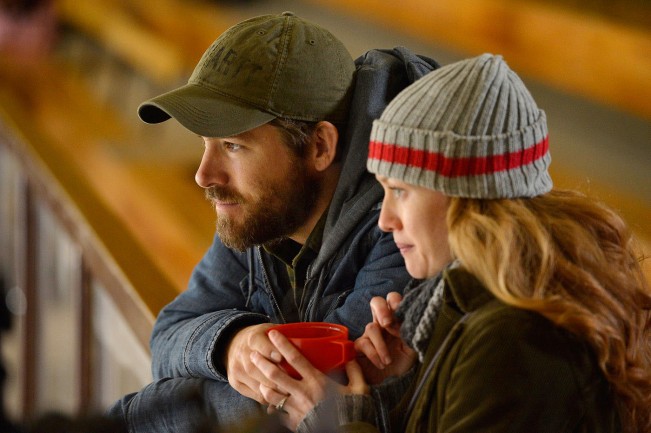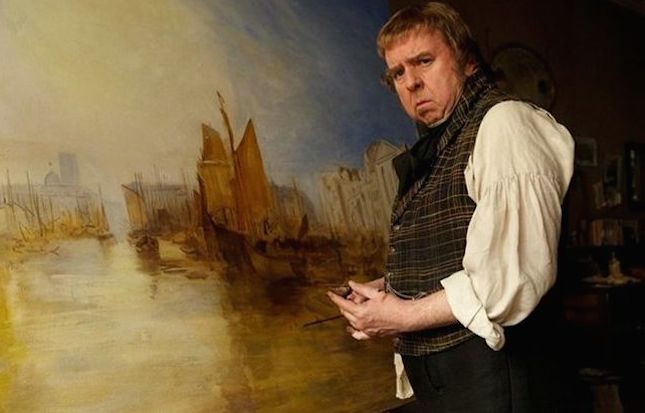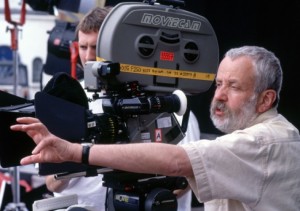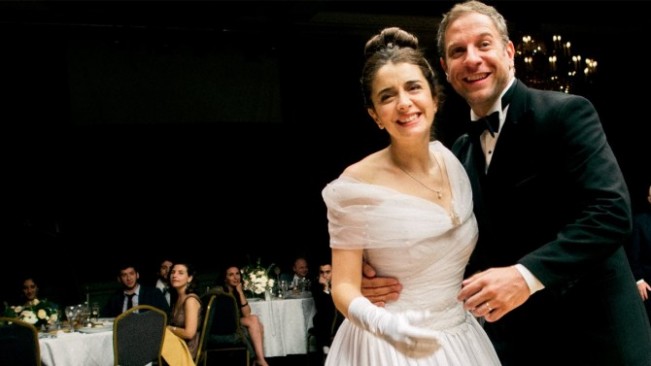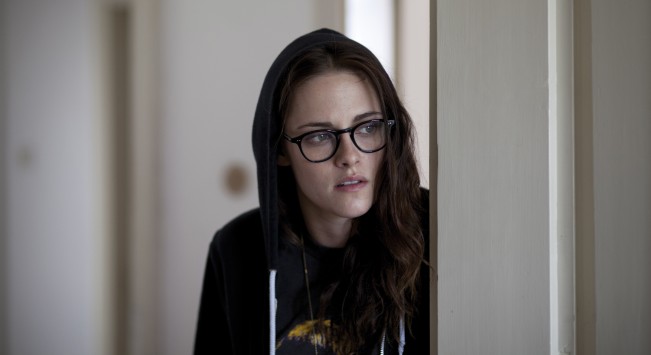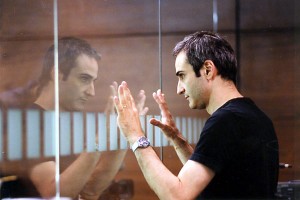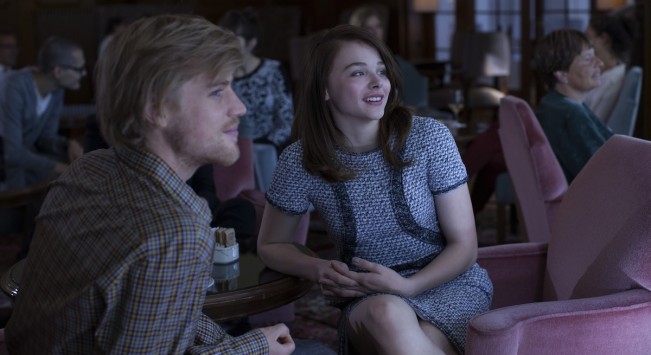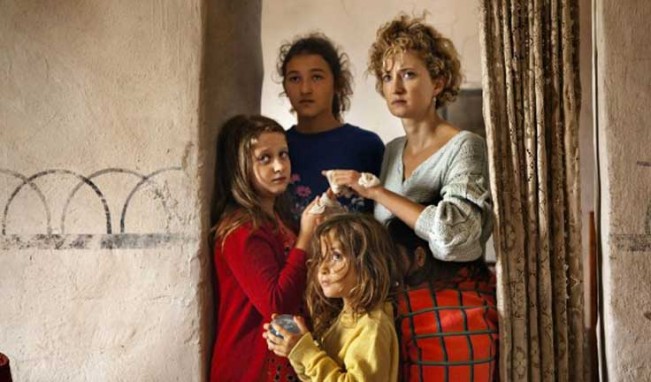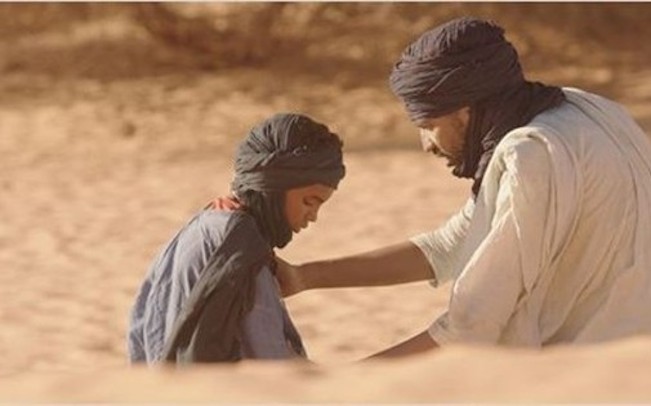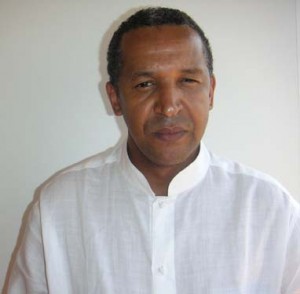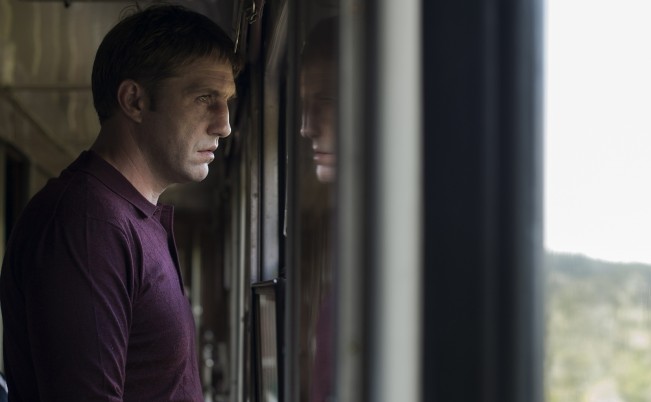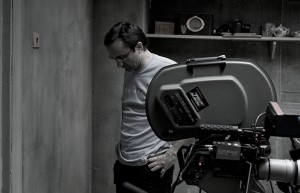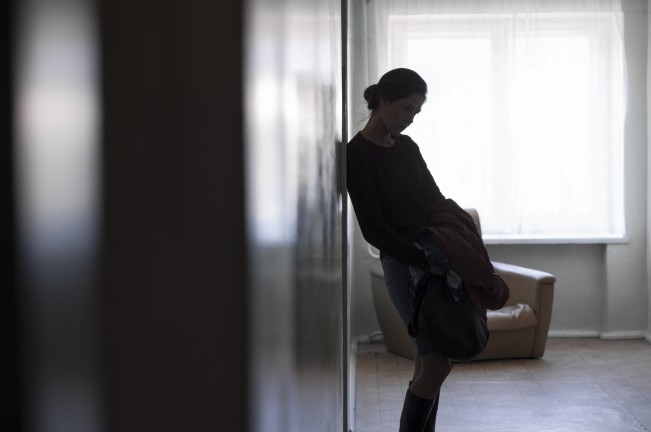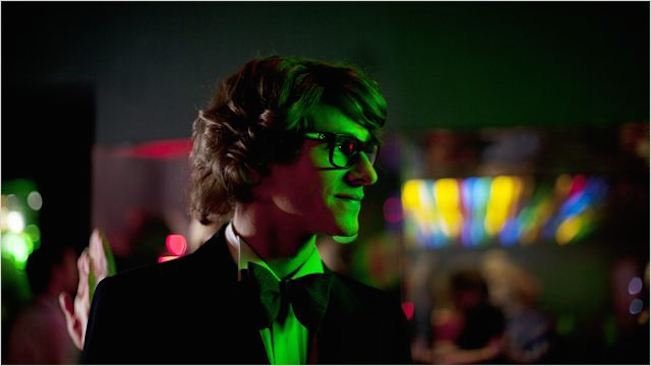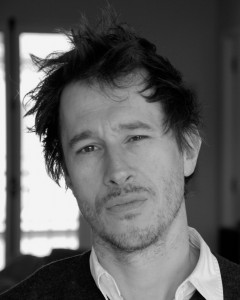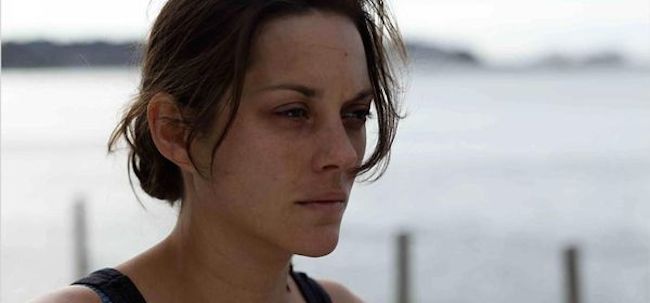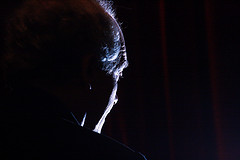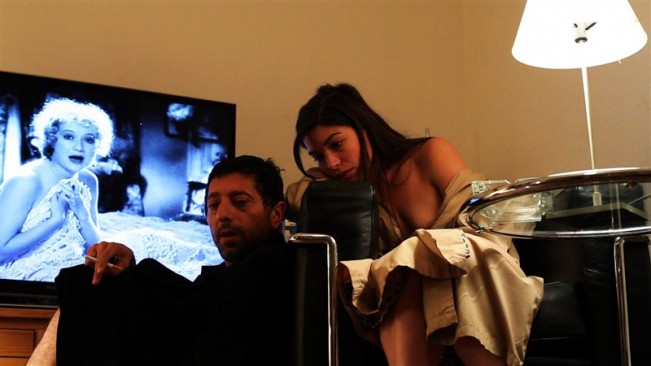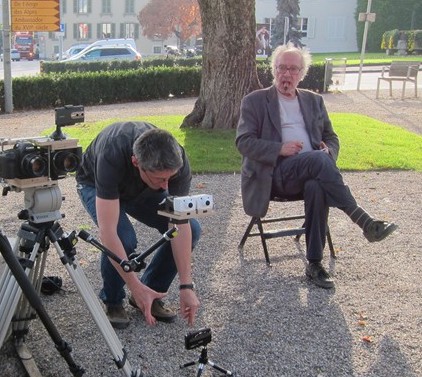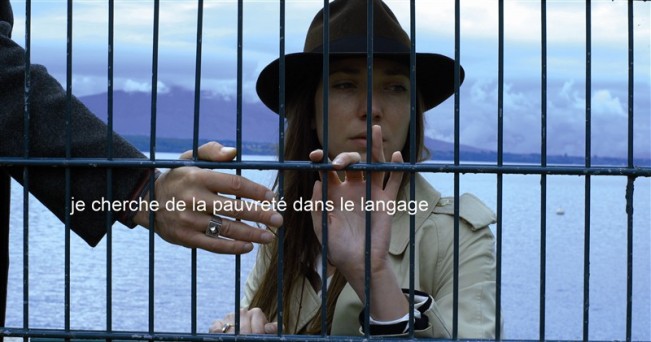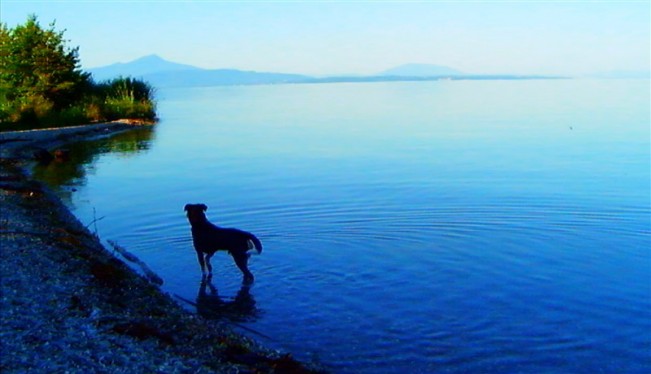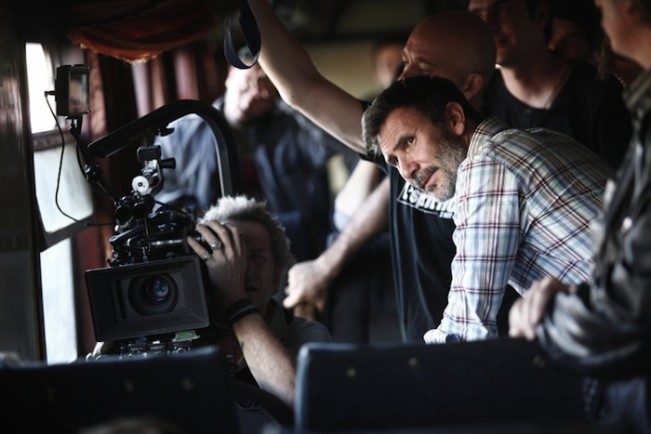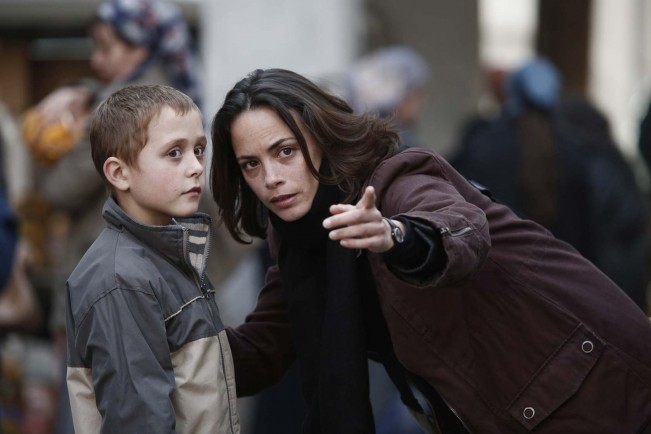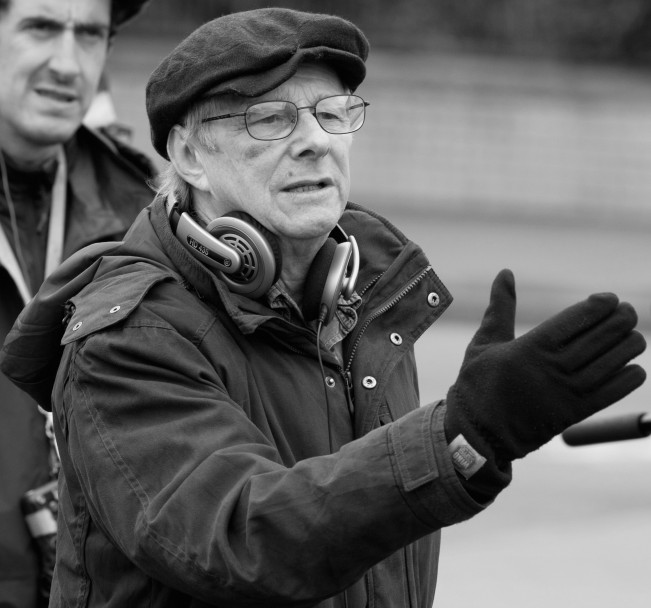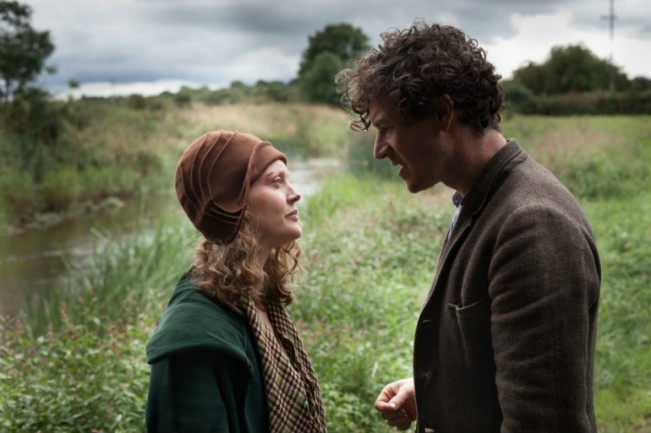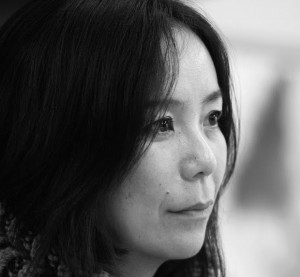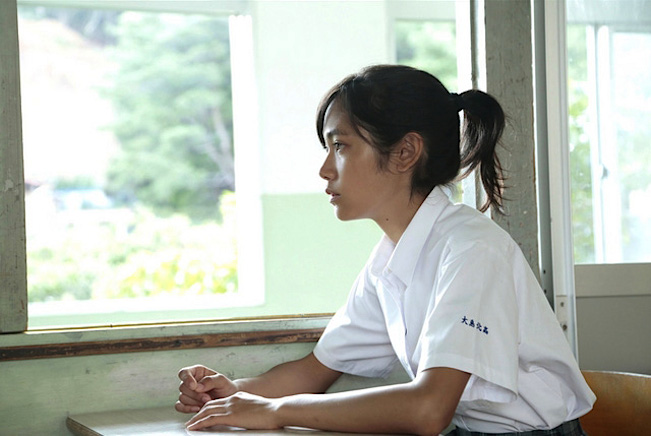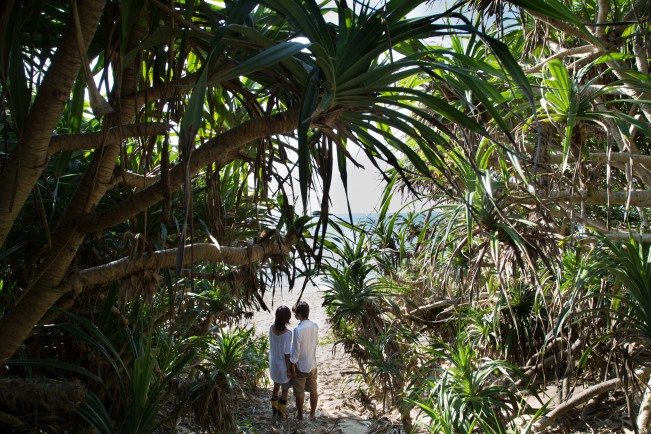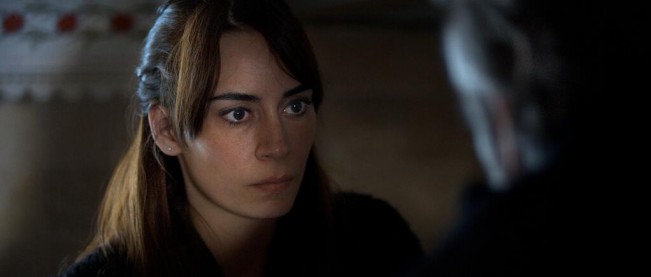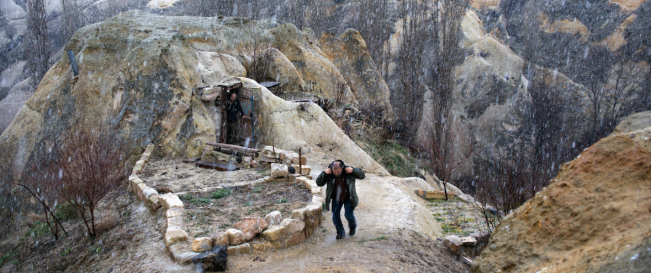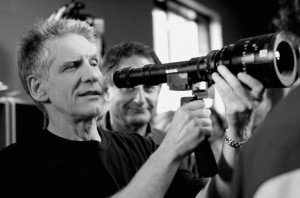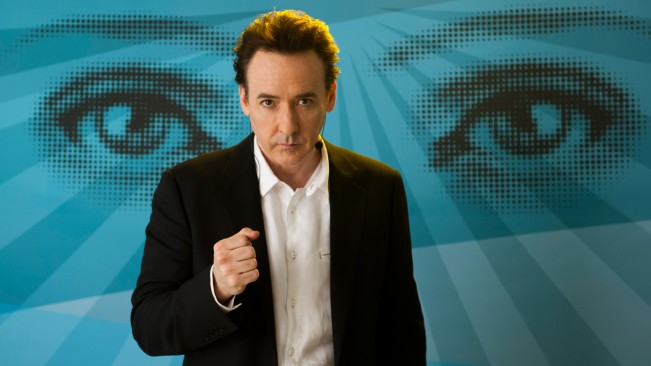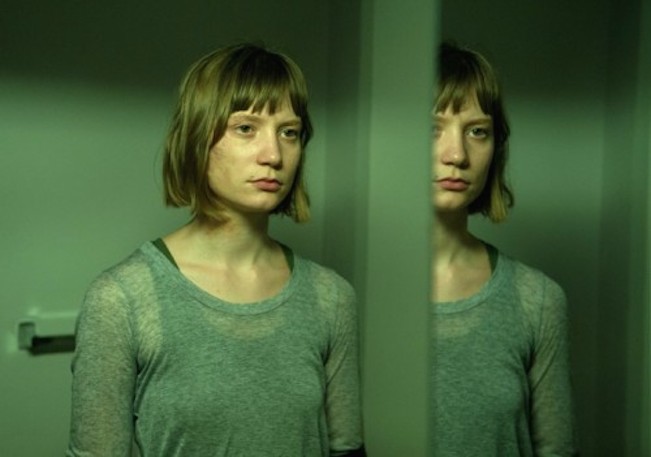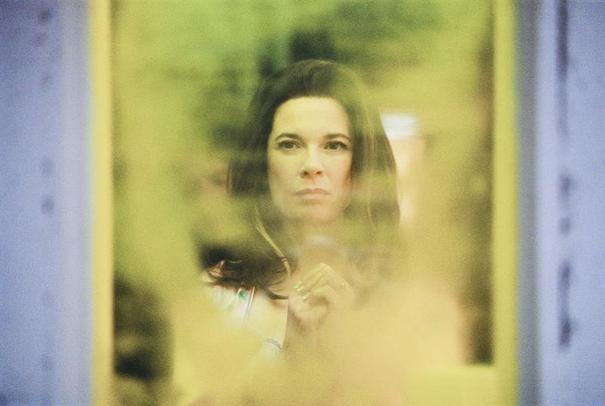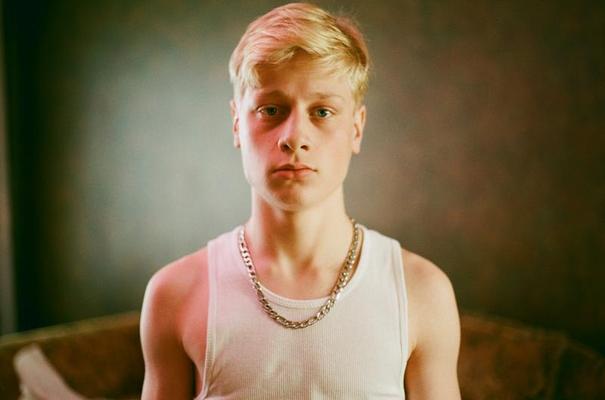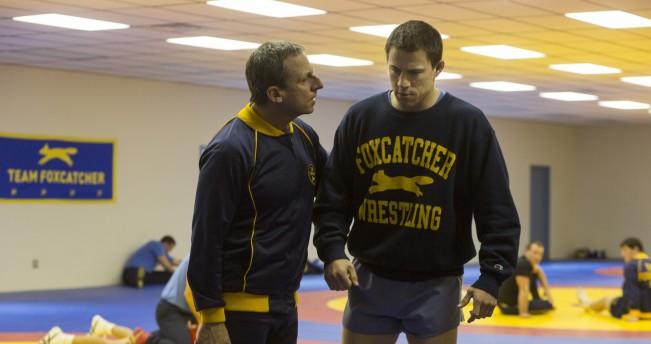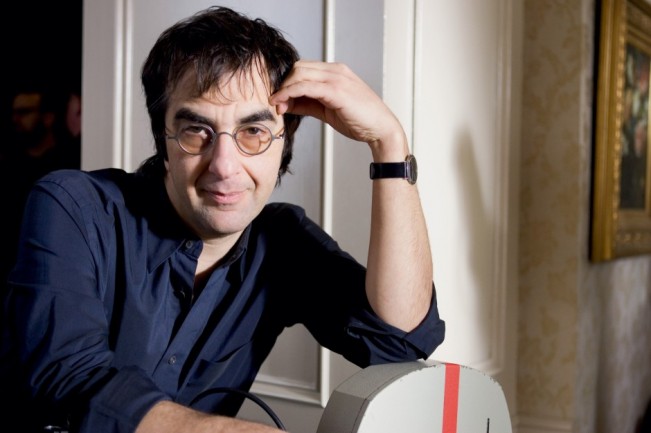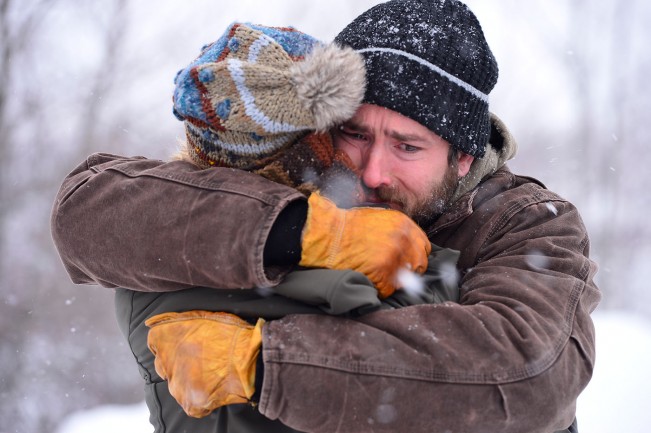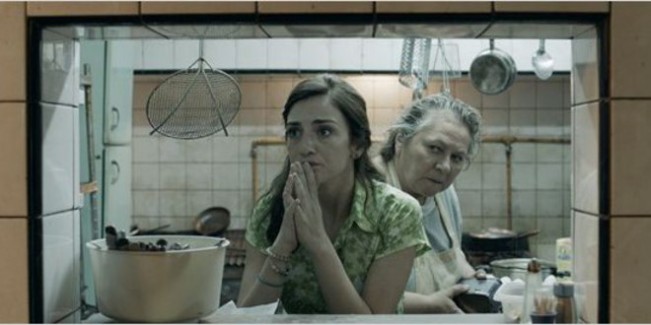 When Cannes chief Thierry Frémaux first brought Damián Szifrón’s Competition title Relatos Salvajes (Wild Tales) to our attention, he described it as “very unique, personal and different cinema that should wake up the Croisette.”
When Cannes chief Thierry Frémaux first brought Damián Szifrón’s Competition title Relatos Salvajes (Wild Tales) to our attention, he described it as “very unique, personal and different cinema that should wake up the Croisette.”
While this may have been a cheeky joke (Nuri Bilge Ceylan’s 196-minute Winter Sleep had screened just a day prior), Frémaux’s sentiments are accurate: lively and engaging, Wild Tales—a title that’s plural for good reason—is one of the most broadly funny films the Festival has programmed in Competition in recent memory, albeit a little uneven.
Argentine Szifrón, known for his career in comedy television, aims high with his biggest budget to date: Wild Tales intertwines six separate narratives, and the film is primarily successful in finding humor in its theme of ordinary people pushed to their limit. All of these stories include common banalities that grow into fantastic scenarios of violence and revenge, and as the film’s summary relates, these characters “cross the thin line that divides civilization from brutality.” The large ensemble cast that includes some of Argentina’s biggest actors—including Ricardo Darin, Leonardo Sbaraglia, Dario Grandinetti, and Erica Rivas—have fun with the material, and there’s not a dud amongst the performers. Szifrón’s bold use of color, too, fuels the energy in his multiple canvasses.
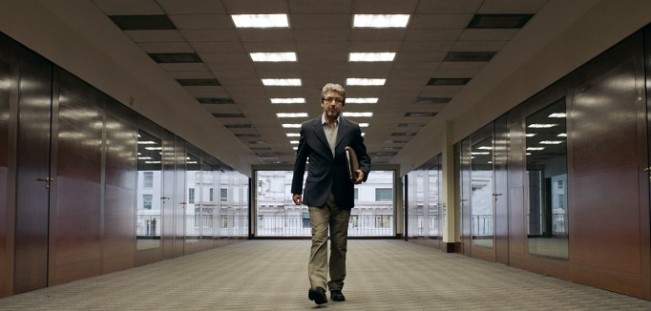 It would be unfair to explain each of these stories outright (going in blind is probably the best way to experience these vignettes), but the general consensus here at Cannes is that the film bats four for six. While your mileage may vary, at least two of these episodes (possibly more, possibly less) are too long, overstay their premise, or simply don’t get to the punchline on time; that said, all of these sketches are unique and most importantly creative, showing off Szifrón’s dark and cunning satire.
It would be unfair to explain each of these stories outright (going in blind is probably the best way to experience these vignettes), but the general consensus here at Cannes is that the film bats four for six. While your mileage may vary, at least two of these episodes (possibly more, possibly less) are too long, overstay their premise, or simply don’t get to the punchline on time; that said, all of these sketches are unique and most importantly creative, showing off Szifrón’s dark and cunning satire.
Pedro and Agustin Almodóvar’s El Deseo is a coproducer, appropriate because the campy, over-the-top comedy here is totally within Pedro’s purview. There’s also flashes of social commentary that are comparable to Larry David (and other comedians of the everyday frustration), but Szifrón’s background in crime comedy keeps things visceral, explosive, and surreal.
The film also features a great opening credits sequence. Staying in the theme of “wild,” each cast and crewmember receives a sort of “spirit animal” image that coincides with their title, with the Almodóvars as the proud lions and writer-director Szifrón as the sly fox. With the image of the fox in my head, I continued to imagine Szifrón’s creative process as such; slinking and winking with lots to say, but keeping cool while saying it. Wild Tales is distributed by Warner Bros. on home ground, and Sony Pictures Classics in the U.S. So while this should be a Spanish-language winner (and box-office grosser), the script’s ambitious creativity and the largely successful execution are auspicious signs for future projects.





